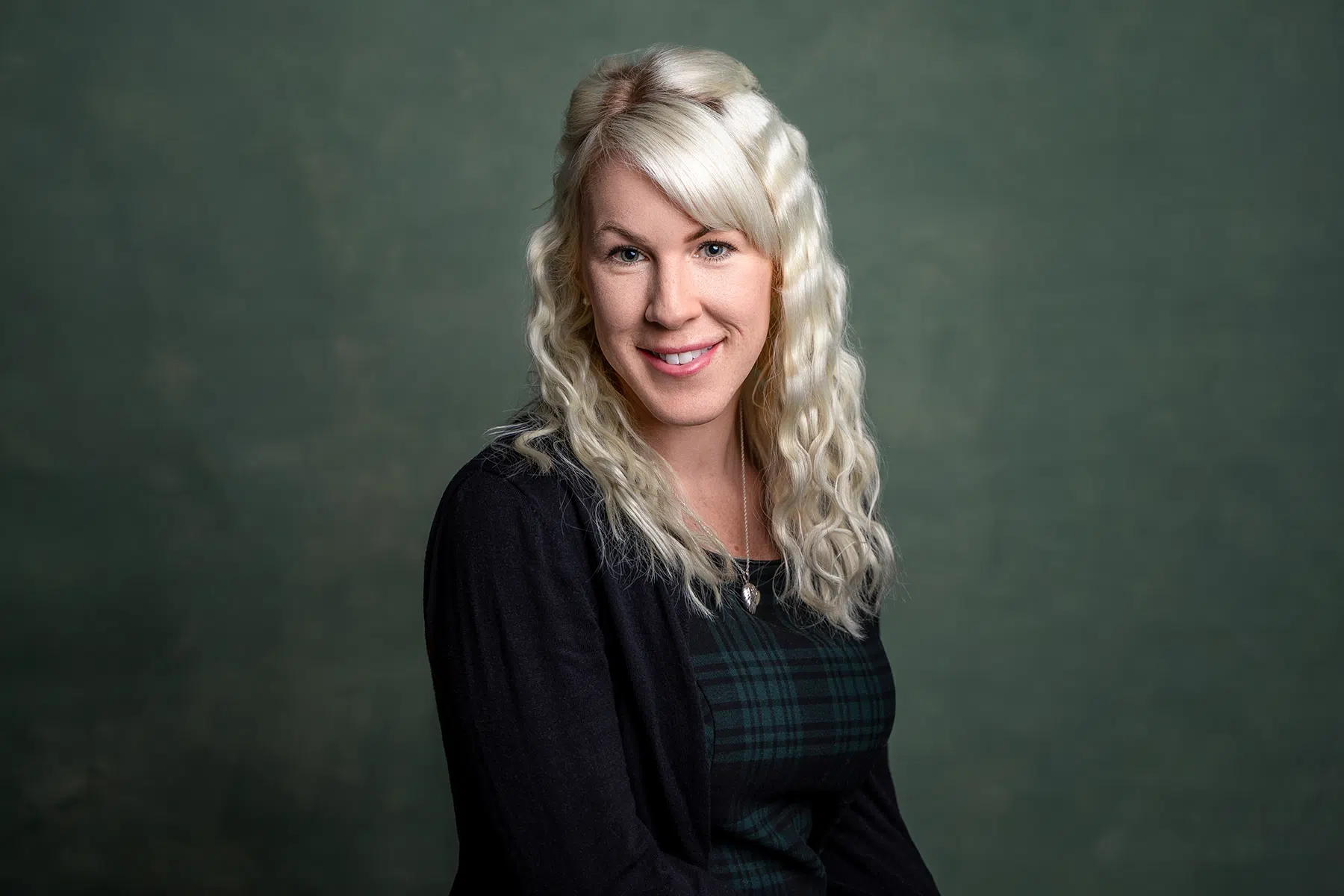
Claire Cox, Head of Inheritance Disputes, shares her top tips on protecting yourselves as an unmarried couple or cohabitees who want to protect each other if one of you were to die.
I would strongly support the creation of legal rights for cohabitees, who are currently largely unprotected by the law. Many assume that they have some form of “common law” rights, or that they will benefit from pensions or life insurance if their partner died. Sadly, this is not always the case, and many people do not nominate named beneficiaries on these policies, meaning it is at the discretion of the insurer and will often be paid into the estate and potentially passed to an unintended beneficiary.
For this reason, I find a high number of my cases concern unmarried partners who have been left with nothing from the estate and are having to bring a claim under the Inheritance Act (Provision of Family and Dependants) 1975. These claims are unpredictable, costly and stressful.
I would urge unmarried cohabiting couples, as well as families or friends who share a home to consider the following:
- Have a professionally prepared Will as cohabitees who want to protect each other
This is a vital step for cohabiting couples. If you both have Wills prepared by a professional then what you want to happen to your assets if you were to die will be clear, and you will have the peace of mind knowing that there is a plan in place.
- Look at your life insurance policy – have you nominated a beneficiary?
Ensure you have nominated a beneficiary, you can nominate anyone you like, so this could be your cohabitee or someone else. It’s helpful to talk to your partner or family members who may have expectations as to what will happen in the event of your death. This will help everyone plan for the future.
- Look at your pensions – again, have you nominated a beneficiary?
Nominating a beneficiary for your pension is really important. This is a significant aspect of estate planning because a pension is generally considered a separate entity from your estate and is subject to the terms and conditions of the scheme.
- Consider the ownership of property and what would happen upon death
Your home is likely to be your biggest asset, so it’s important to consider what would happen in the event of yours or a partner’s death. This should be included in your Will, and a professional estate planning solicitor will be able to discuss a range of options available to you whether you want to pass the property to your partner or allow your partner to continue living there after your death before it passes to another family member.
- Consider a cohabitation agreement
As cohabitees who want to protect each other, when you decide to move in together or at any point after that, you can draw up a cohabitation agreement. This legal document sets out arrangements for your home, finances, and any children. This document will also set out what will happen if you were split up, so offers an additional layer of protection.
People are sometimes reluctant to seek legal advice, but it costs tens of thousands more to have a dispute arise after a death, and you still may not get the intended outcome. Get professional advice if you are cohabitees who want to protect each other.
Talk to us
If you would like any advice on cohabitation agreements, protecting your wishes or resolving Wills, Inheritance, Trusts & Probate Disputes then do not hesitate to get in touch with our dedicated team.











